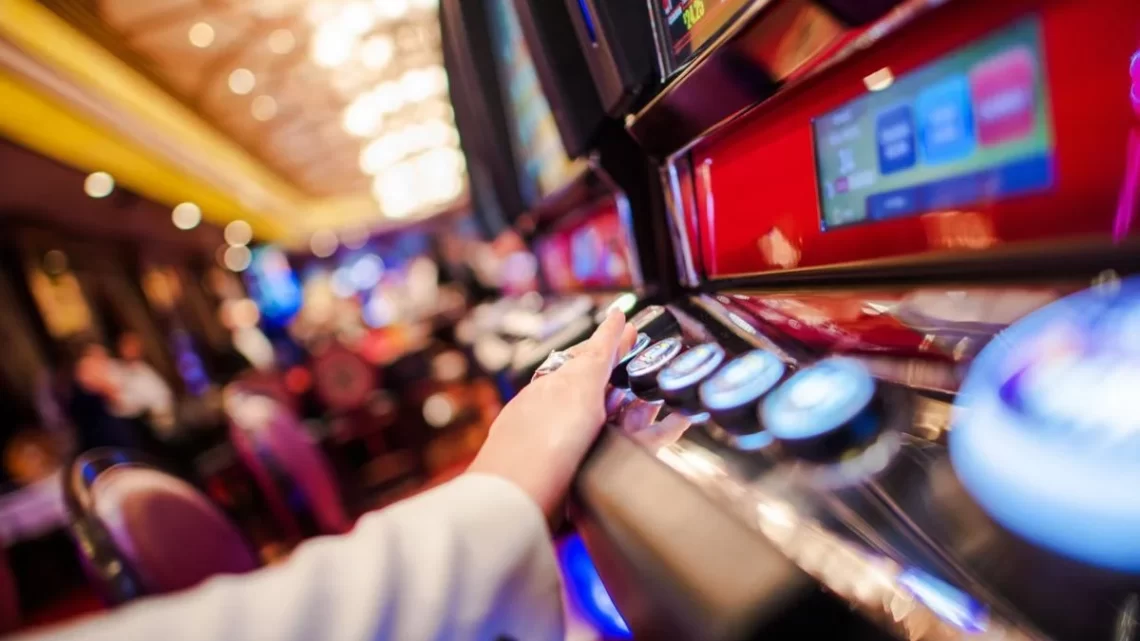
The Gambling Regulators
December 26, 2022The gambling regulators are a government agency that works to regulate gambling in the United States and Canada. They are responsible for regulating casinos, sports betting, and other forms of gaming in both countries. However, there are differences in the types of jurisdictions in which they operate. Some, such as New Jersey and British Columbia, have a state-specific licensing process while others, such as Australia and New Zealand, do not.
Australian and New Zealand
There are three key Acts that regulate gaming in New Zealand and Australia. They are the Gaming and Lotteries Act 1977, the Casino Control Act 1990 and the Interactive Gambling Act 2006.
Gambling in New Zealand is regulated by the Department of Internal Affairs. The Department employs inspectors of Gaming and Totalisators, who are responsible for enforcing gambling laws.
The Department of Internal Affairs also services the New Zealand Lotteries Commission. The commission operates online and land-based lotteries. It also oversees the Lottery Grants Board, which distributes the lottery commission’s profits.
The Lotteries Commission operates the National Lottery. Keno and totalisator betting are both licensed under the Gaming and Lotteries Act 1977. Corporate bookmakers are permitted to offer fixed-odds betting online and by telephone.
British Columbia
BC gambling regulators are in the process of transitioning. Previously, the Gaming Policy and Enforcement Branch (GPEB) had the mandate to police and regulate gaming. The new IGCO will oversee the casino industry and ensure the integrity of the gaming experience.
Currently, BCLC manages the lottery and casinos. It also administers online gambling. In addition, it supports sport, culture and human services through its Community Gaming Grant program.
GPEB had been in the paradoxical position of being responsible for policing and establishing gaming rules while being unable to override municipal and provincial regulation. Consequently, the White Paper recommended that provincial legislation be enacted to give municipalities more control over the expansion of existing casinos.
Currently, the Vancouver City Council has a policy against expanding the city’s casinos. Nonetheless, it has authorized staff to send a response document to the minister in charge of gaming.
Germany
The German gambling regulator has been criticized for years. This is especially true after the law was changed in 2017. Operators and players from outside of Germany can no longer operate in the country without a license.
Before the change, the Saxony-Anhalt State Administration Office was responsible for online poker licensing. It also managed virtual slot machines. Several employees were transferred to GGL, which is the official gambling regulator in Germany.
The Fourth Interstate Treaty, signed in July of 2021, introduced a licencing system for online poker and sports betting. It also provided for a state monopoly on operating lotteries.
Online casino games are also regulated under the Interstate Treaty. Only a small number of operators will be granted licences in the federal states.
New Jersey
The Division of Gaming Enforcement, or DGE, is the law enforcement arm of the state’s casino regulatory system. It has the mission of policing casinos and evaluating license applicants. Licensed operators must also comply with consumer protection laws. In addition, they must demonstrate good character and financial stability.
There are six approved casinos in New Jersey, including Caesars Atlantic City, Bally’s Atlantic City, Tropicana Casino and Resort, Borgata Hotel Casino & Spa, and Trump Taj Mahal Casino Resort. They each have an internet gambling permit.
Internet gambling in New Jersey has increased 24% over the past year. In August, New Jersey casinos took in $131.4 million in online gambling. However, in November, the amount jumped to $146 million.
Despite the high amount of wagers placed, the casinos have only kept around $80.4 million as revenue. The rest was taken up by expenses.
Tasmania
The state of Tasmania recently announced a series of new measures aimed at improving the gaming industry. These include new limits on spending, cashless gaming, pre-commitment gaming and a state-wide player card gaming system. All of these measures will be implemented by December 2024.
Gambling is a popular pastime in Australia, despite some government-imposed restrictions. For instance, advertisements for gambling are restricted in broadcasts of live sport. Moreover, some banks have banned the use of credit cards with gambling providers.
The Tasmanian Liquor and Gaming Commission (TasLC) is an independent body responsible for the regulation of gaming in the state. It was established under the Gaming Control Act 1993. In March 2016, Jenny Cranston was appointed Chair.
Tasmanian gambling regulators are taking steps to increase the protection of vulnerable gamblers. They will impose a default limit of AU$5,000 a year on slot machines. However, consumers will be able to opt for a higher cap.






